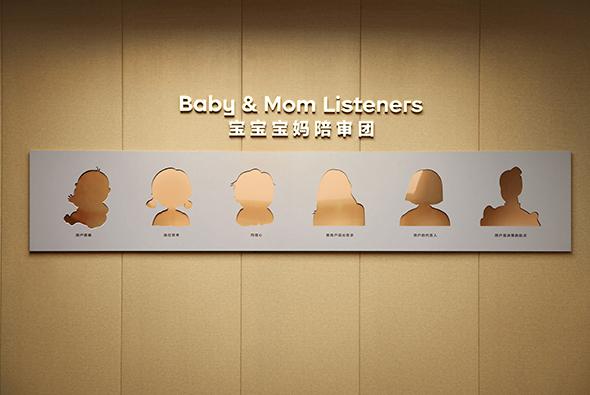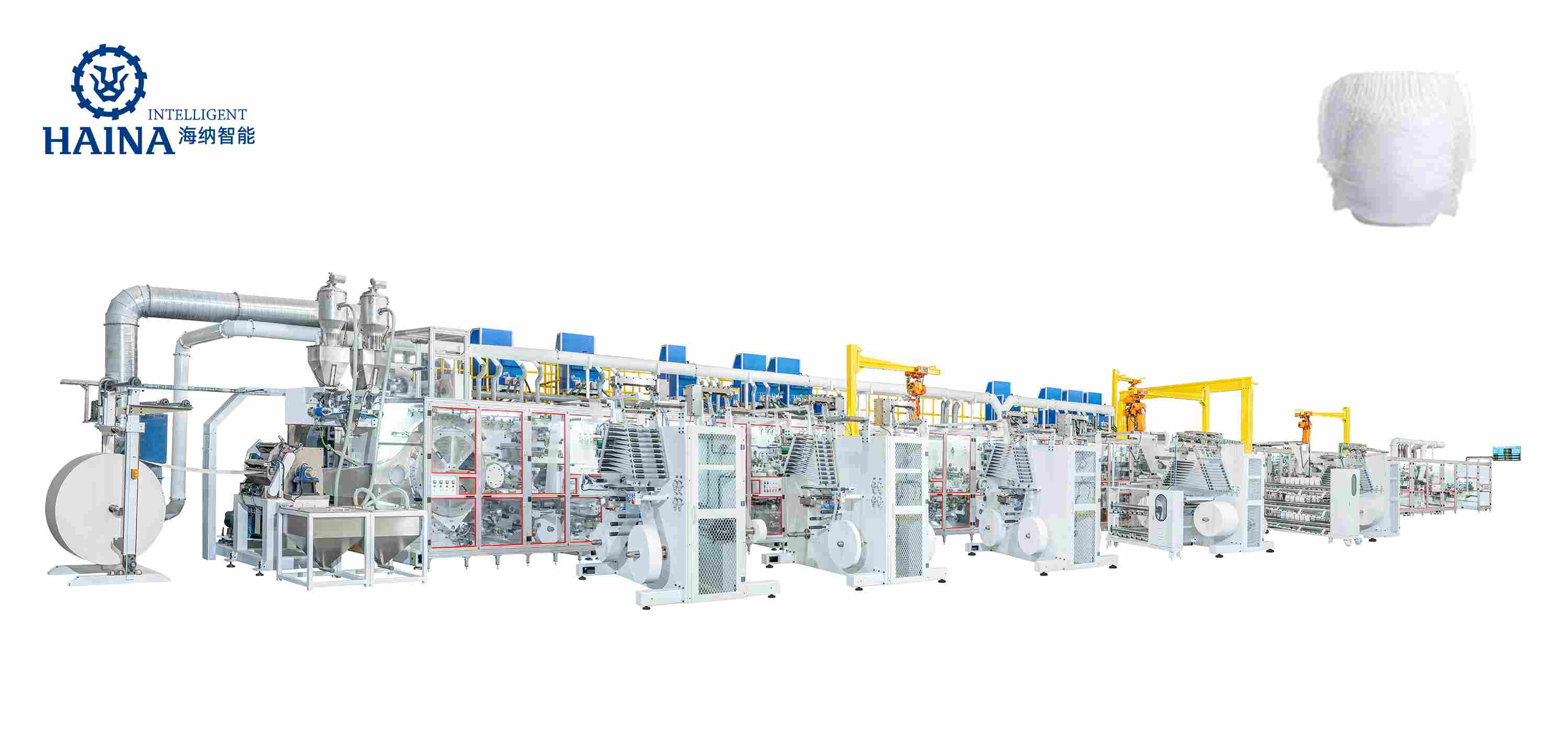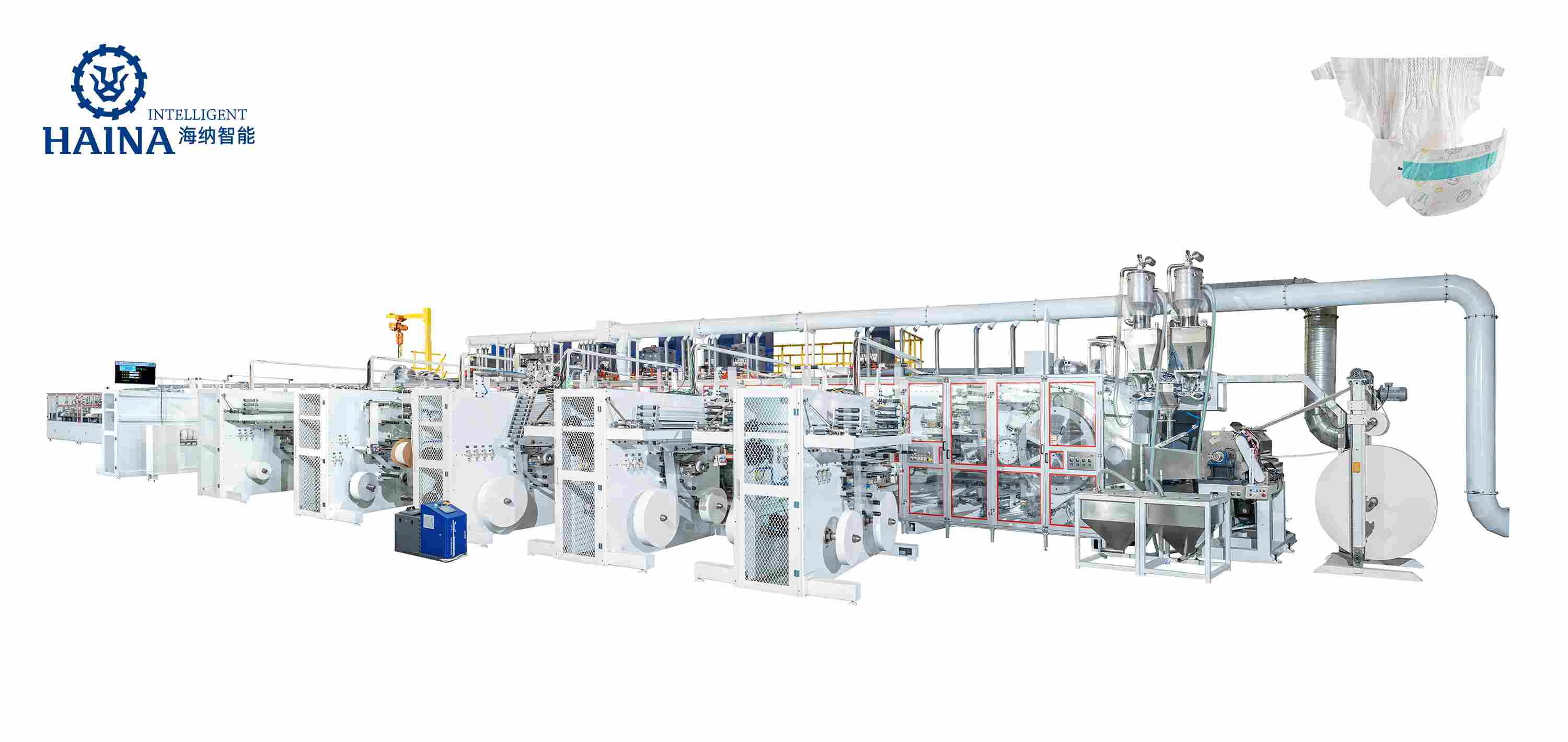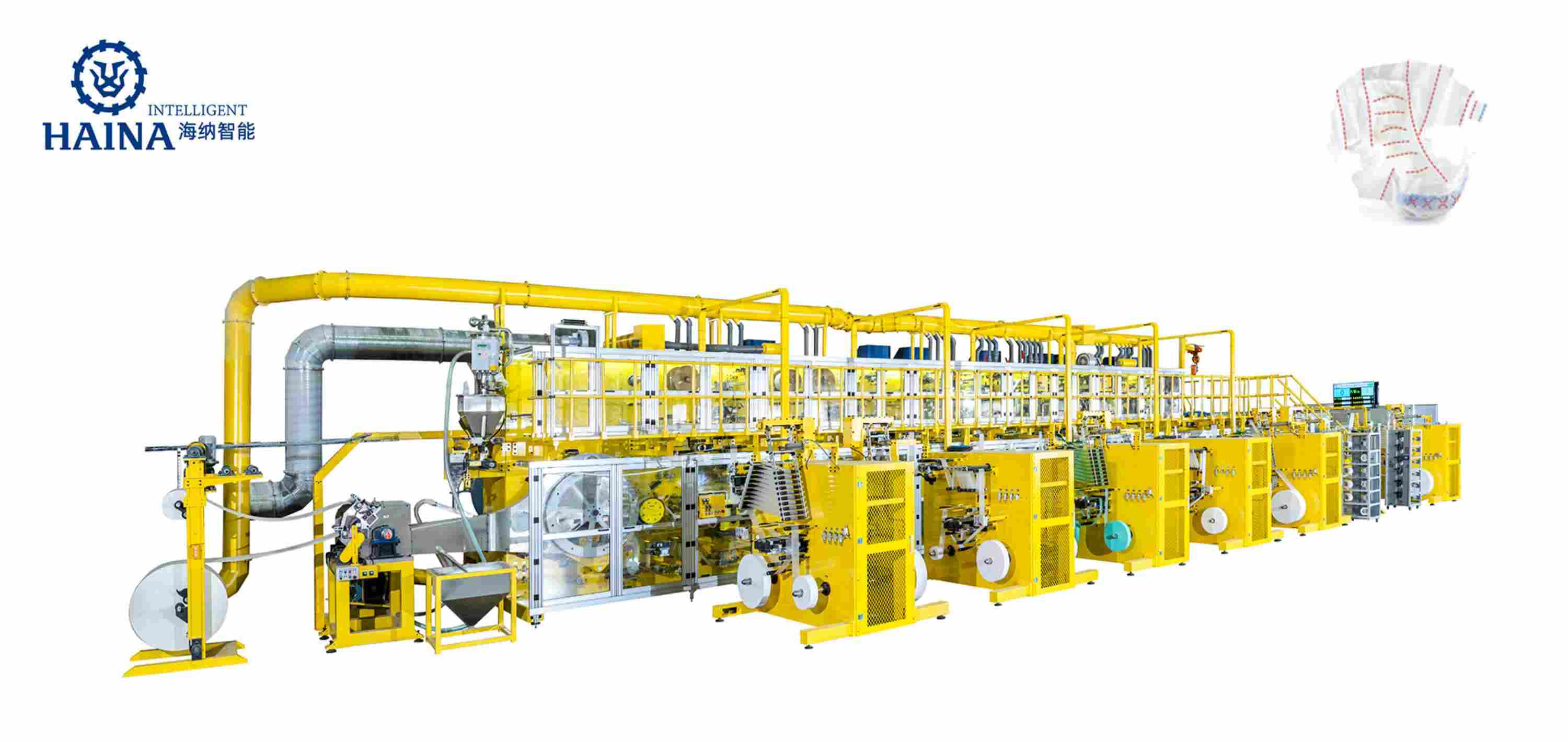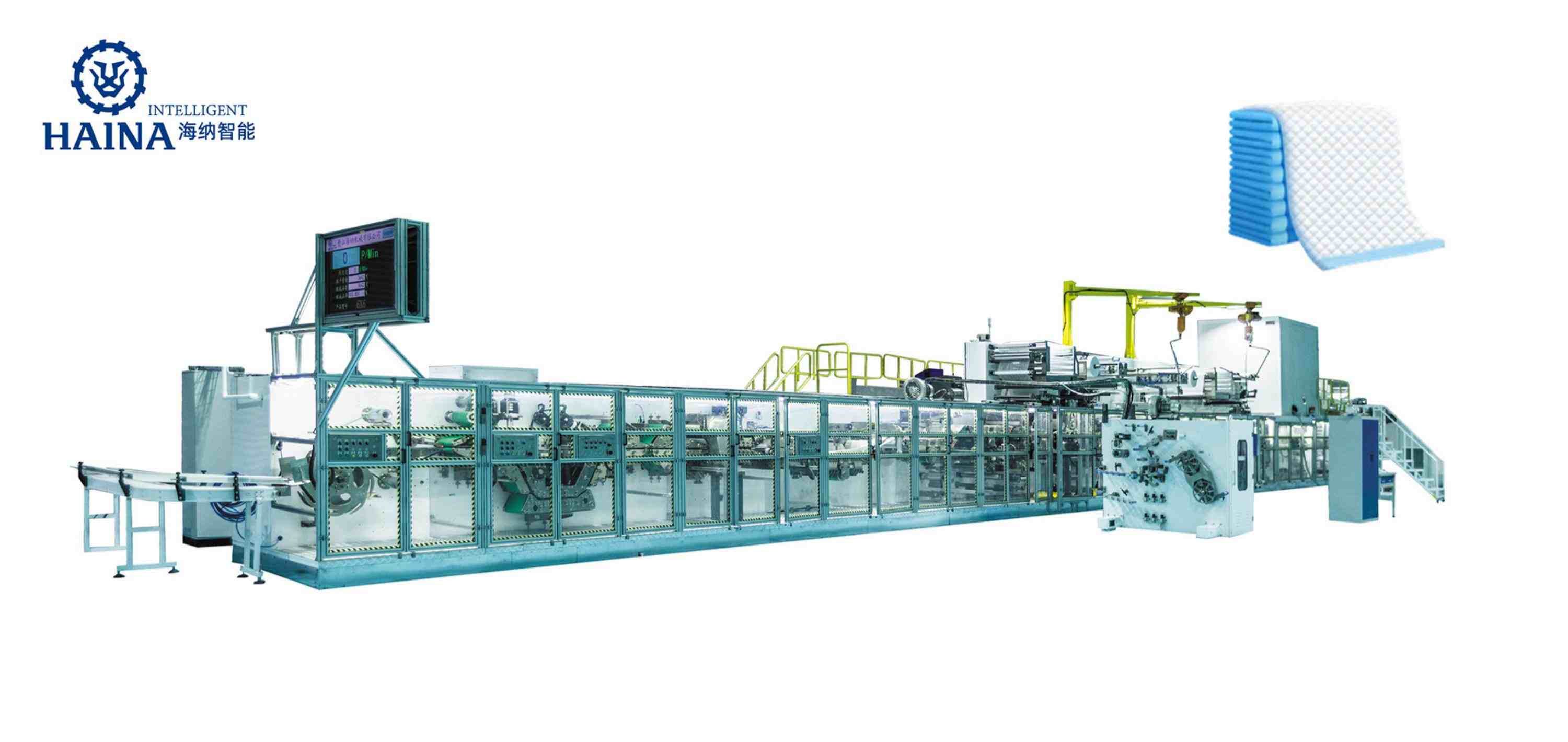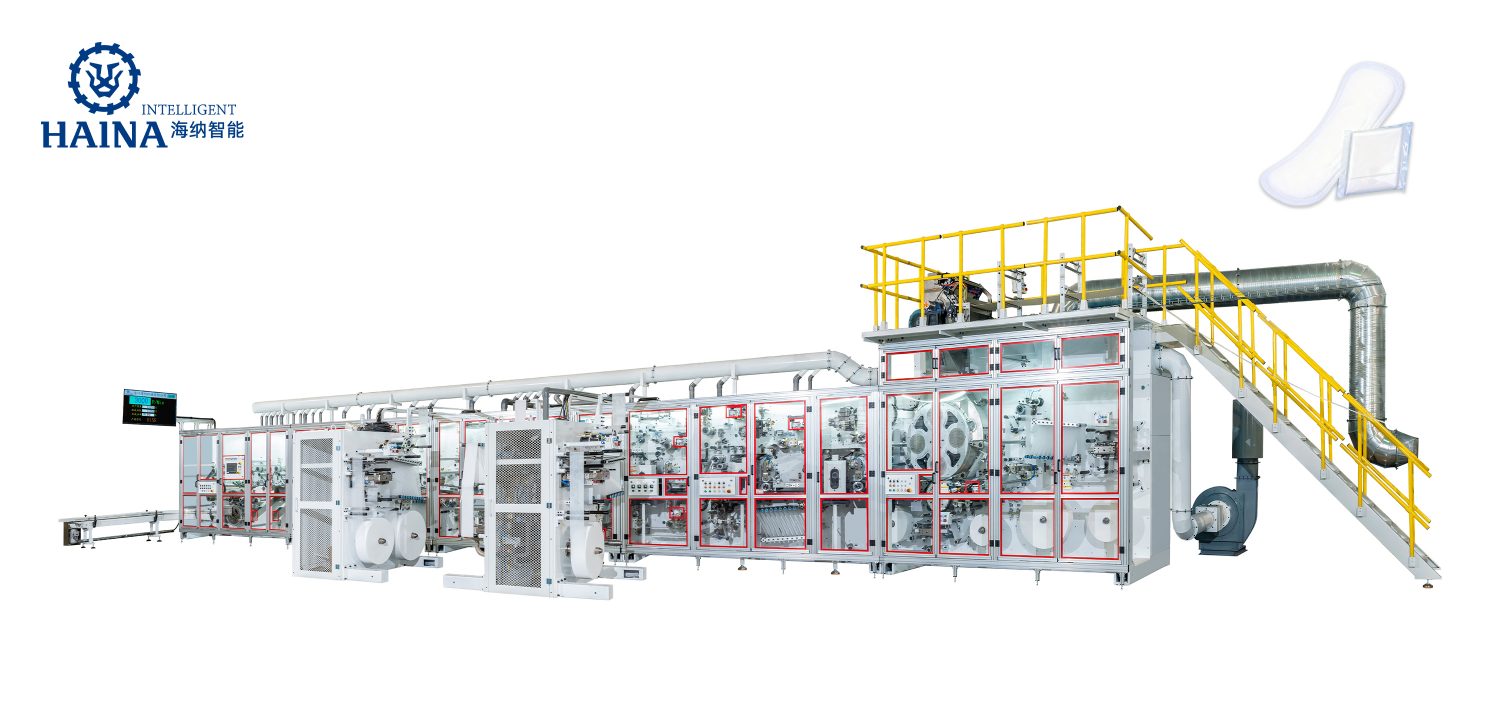This year's government work report's proposal to "improve the supporting measures for the three-child birth policy" has once again focused social attention on the mother and child groups. Since July 2021, more than 10 provinces have introduced supportive measures related to three children to reduce the burden on families from the policy level and solve the problems of "can't afford to have children" and "can't afford to raise them". At the same time, parenting-related topics such as "full-time mothers" are becoming more and more frequently searched. The society, the industry, and the public are increasingly concerned about the physical and mental burden of the new generation of parents in the process of parenting. How to build a fertility-friendly society has undoubtedly been become one of the most important social issues.
On March 28, Babycare, a new consumer brand for mothers and infants, which has always been known for its low profile, held a press conference for the first time. Together with Tmall Super Brand Day (hereinafter referred to as "Super Product Day"), it released the "China Ideal Life Mother" based on the parents of Generation Z. Baby Trend" report, and put forward corresponding scenario-based solutions to create an ideal life for the new generation of parents. At the same time, Babycare also announced that it will build a total of 100 new mobile mother and baby rooms across the country, in terms of products, services and other dimensions, to reduce fertility anxiety for the new generation of parents and help create a beautiful pregnancy and baby lifestyle.
The post-90s generation has become the main force of fertility, and parental love refuses to be defined
According to the latest "2022 China Maternal and Infant Industry Research Report" released by iResearch in March, parents born in the 1990s have accounted for 60.6% of the population of childbearing age, becoming the absolute main force. The parenting concept and consumption concept of the new generation of parents are significantly different from those of the previous generation. While raising their children, they also pay more attention to their own feelings.
Previously, Babycare and "China Women's Daily" jointly launched a "tear" activity against unreasonable parenting concepts, and discussed the collision between old and new parenting concepts. The number of Weibo readings exceeded 350 million, which successfully aroused the resonance and enthusiasm of many young people. discussion. "Does it have to be a mother's business to bring a baby?" "Are you going to give up yourself when you have a baby?" The new generation of parents expressed their attitude by tearing off these inherent labels.
What exactly is the ideal mother and baby life of Gen Z parents? We can see clues from the 5 major trend reports released this time in conjunction with Tmall Chaopin Day. According to iResearch data, the new generation of pregnant mothers pay more attention to "pleasing themselves". 38.2% of pregnant mothers insist on skin care during pregnancy, and about 35% of pregnant mothers insist on maintaining their body through yoga and fitness during pregnancy. At the same time, fathers are increasingly involved in the parenting process. In addition to sleeping time, 43.8% of dads spend more than 5 hours with their baby every day. For a new generation of parents, having children can still pursue poetry and distance. 69.3% of parents and mothers take their babies out for more than 6 times a year. In addition, letting go of parenting and entertaining are the key words in the concept of parenting in the new era.
Redesigning Babycare for Love Releases Gen Z Maternity and Baby Scenario Solutions
The launch event with the theme of slogan's "Redesign for Love" is the first appearance of Babycare, a leading mother and baby company, on Tmall Chaopin Day. At the press conference, the founder rarely appeared to interpret the core of the brand for everyone. In his opinion, "existence is unreasonable". What Babycare needs to do is to "return to the original point and examine all the unreasonable things in parenting life. Break the conventions and traditions, explore the real demands of babies and parents, and redesign with the heart of parents. Every product."
Babycare's first digital collection "Manuscripts of Love" is based on the brand concept of "redesign for love", and selected designer manuscripts of 5 products, restoring the process of breaking the routine and redesigning at that time. It is also the first digital collection for the mother and baby industry.
This time, in response to the needs of the new generation of parents, Babycare has also redesigned 5 scenario-based solutions.
For example, in response to the demand of "freedom for mothers", Babycare, in collaboration with Maria, a cutting-edge international designer, launched a haute couture homewear inspired by "Sicilian Moonlight", so that breastfeeding mothers can also enjoy haute couture fashion.
Babycare X Maria co-branded haute couture homewear gift box by international emerging designers
At the same time, the new "hydrogen balloon" nursing bra was launched, which broke the feeding function of nursing bras as "nursing tools". Through the 5-fold buoyancy "glutinous rice stick" support structure, it comfortably supports and beautifies the body, taking into account the needs of mothers for beauty.
With the popularity of the trend of "taking the baby out for the wild", Babycare also released its 9th "redesigned" new strap. It adopts a vest-style one-piece donning and doffing design, and all adjustments are operated in front of the body, which can be easily done by one person with a baby. The unique L-shaped hyperboloid waist support waist stool design scientifically disperses the abdominal pressure, even mothers who have a caesarean section can use it with peace of mind.
Not a skill, but a triumph of values
To the outside world, Babycare is a somewhat "weird" company. Not only does it rarely do large-scale advertising and marketing events, but even its design concept sounds counter-intuitive as "existence is unreasonable."
However, it is such a company that has formulated a one-stop all-category strategy at the beginning of its establishment and took the lead in the industry to successfully achieve a full-category layout. According to statistics, Babycare's products currently cover 33 second-level categories and nearly 600 third-level categories in the maternal and infant industry, and most categories of Babycare have performed well. According to Tmall channel data, in 2021, Babycare will occupy the top three positions in multiple secondary categories such as straps, wet wipes, toothpaste and toothbrushes, water cups and tableware, sleeping bags and bedding, and the number of TOP categories will increase by as much as 86% year-on-year. At present, Babycare has a total of 45 million users and 10 million members in all channels, and the number of fans of Tmall's official flagship store exceeds 16 million, ranking first in the industry.
What is the underlying logic behind the low-key success of this maverick company? We may know a thing or two about it from its first brand launch.
"Users are not comparative"
At Babycare's launch event, "user" replaced "product" as a well-deserved protagonist. In just one hour, the word was mentioned nearly 200 times. For brands, users are not only users of products, but also deep co-creators of products. Through the "Super User" project, 4.5 million users in the private domain can sign up voluntarily and deeply participate in the whole link of product development.
In Babycare's view, discovering the unexpressed needs of users is the starting point for product development. The founder said, "User thinking is the core value of Babycare. The user is not the first or second comparative level, but the starting point and the end point of all problems." The bottom layer of user thinking requires you to have empathy and empathy.
There is a magical mirror in Babycare's conference room, the outlines of the mirror are the silhouettes of babies and mothers. The founder hopes that in this way, the company can always introspect within the company, stand in the user's point of view, empathize, self-examine, and make more product proposals based on user thinking.
Making proposals around users, rather than the traditional B2C model, is the core C2B2M strategy that Babycare has long adhered to. That is, through deep insights into users, break through the conventional design of "ten times better" solutions, and then reversely promote the reform of the supply chain, link global technologies and materials, and achieve product implementation.
The concepts represented by the table from left to right are: user thinking, empathy, empathy, expressing needs for users, spokesperson for users, and users are the starting point of decision-making
"Existence is Unreasonable"
Based on user needs, what role should the brand represented by B play? There is a saying in the Babycare team that "to make a product, you must break all conventions and barriers, and use creative methods to make a difference. To find a 10 times better solution." That is, the so-called "existence is unreasonable."
Babycare's star product, Zigai Wet Wipes, was born under such a concept. At that time, the baby wipes brands on the market were fighting a price war, making them thinner and thinner. If starting from the empiricism of industry research, the positioning of wet wipes should revolve around cost performance. But when Babycare went deep into users, it found that the wet wipes at that time were too "unreasonable". Thin wipes are easy to break and cannot be wiped cleanly, so you need to use a lot of them. Wet wipes that are too thin will even be pumped, resulting in a simple cleaning job that cannot be completed by one person.
It may be difficult for users who are accustomed to thick wet wipes to imagine that before 2019, it would be a challenge for the supply chain to make 40g wet wipes as thick as 80g. Because the fabric became thicker, the traditional knives used to cut fabrics at high speed could not meet the requirements, and several were cut. Babycare spent a lot of time on debugging because of this alone. Because of the lack of successful precedents, the job of finding suitable fabric suppliers has become very difficult. "The fabric merchants will feel that it is unnecessary to do something good if they can't sell it." The R&D team spent 4 months running around. Nationwide. The fabric was finally found, and the cutting tool went wrong again. Because the fabric became thicker, the traditional knives used to cut fabrics at high speed could not meet the requirements, and several were cut. Babycare spent a lot of time on debugging. In order to solve the problem that the sealing sticker is easy to fall off, Babycare boldly adopts the design of the special-shaped cover. This cloud shape has been upgraded from drawings to actual products, and 3 sets of molds have been upgraded, just for the smooth feel that can be opened and closed with one hand. The dosing rate of ordinary wet wipes is 3.2 times, which is not clean enough and easy to dry. Babycare wipes adjust the dosing amount to 3.8 times. Also clean.
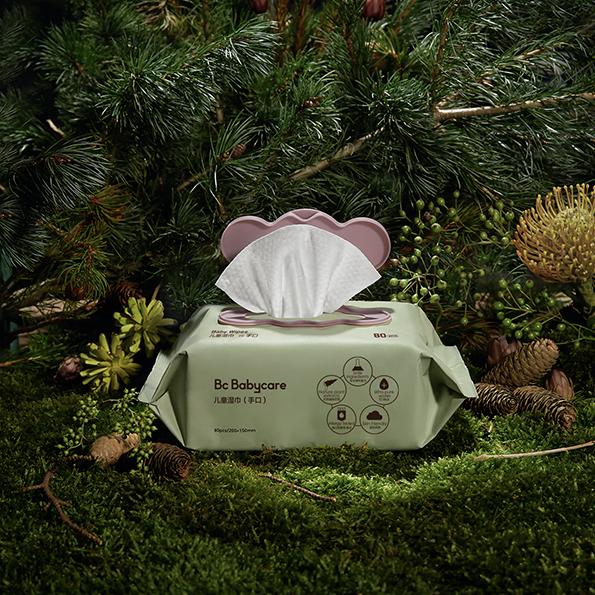
Babycare's star product - purple cover wipes
In 2021, the market share of Babycare's wet wipes products in the Tmall channel has reached 21.7%, much higher than the second place. This just confirms what the founder said: "The attention spent on details may not be immediately seen by users, but moisturizing is silent, and time can prove everything. "
"The ability to connect is greater than the ability to have"
With the early user insights and product planning, we must find solutions at the supply chain side in order to truly achieve implementation. This is the M in the C2B2M strategy. In Babycare's view, the ability to "connect" in the supply chain is more important than the ability to "own".
Take baby diapers as an example. Before 2018, they were limited by a single supply chain system, and baby diapers had obvious "faction differences". The Japanese surface layer has good water absorption and strong water absorption, but it is easy to break up, and it is generally thicker; the European and American surface layer is good in dryness but has a strong graininess and is not soft enough. What users want is actually an all-round diaper that is soft, light, dry and breathable, and can reduce the baby's red buttocks. In order to break the inherent mode of the existing supply chain, Babycare extended its R&D tentacles to the global high-quality raw materials, and finally proposed the integration plan of "3 countries and 6 enterprises", which reversely promoted the transformation of the entire supply chain and became a case for the industry to follow.
The star product, royal diapers, comes from 6 century-old companies in Japan, Germany, and the United States. For example, the adhesive is from Henkel of Germany, the surface fiber is from Japan's Yamato Textile, and the core SAP is selected from Germany's BASF and Japan's Sumitomo. With full competition, the diaper market of the foreign giant Iron Curtain has almost formed. This product will help Babycare to rank among the top three in the Tmall channel market in 2021, with an omni-channel growth of more than 100%.
It is reported that Babycare currently has signed strategic cooperation with 6 international raw material suppliers including Dow in the United States, Henkel in Germany, Signify in the Netherlands, and Seidley in Singapore, and 11 in-depth cooperation to achieve technology priority provision, material co-creation, and quality control extension to the raw material side. In order to realize product functions without any discount, Babycare will even build its own factories for production of products that cannot find a high-quality supply chain. related factories. Even if it is inefficient and difficult to make profits, it is necessary to provide users with the highest quality products.
Systematic empowerment to help ideal mother and baby life
According to iResearch's forecast, my country's maternal and infant market is expected to exceed 4 trillion yuan in 2023. Since 2019, my country's enterprises entering the maternal and infant industry have ushered in explosive growth, and the number of newly registered enterprises in 2021 will exceed 1.8 million. How to better serve the new generation of parents from the enterprise level, relieve them of stress, and help realize the ideal life of mother and child? Babycare, the head of new consumption for mothers and babies, handed in its answer through this conference.
In addition to launching scenario-based innovative solutions, Babycare also announced that it will jointly build 100 Babycare mobile mother and baby rooms in more than 100 transportation hubs and hospital venues in 18 cities in 8 provinces (cities and autonomous regions) before Mother's Day this year. , to better serve the mother and child groups.
Different from the traditional public mother and baby rooms that can be used by multiple people at the same time, Babycare's mobile mother and baby rooms are more private, and fathers and children can also enter. There are foldable baby care tables with locks, nursing chairs, USB power sockets, odor-separating trash cans, children's toys and other facilities inside the mother-infant room. Multiple types of functions are required.
What does it really mean to have a baby? It's not as simple as "pregnancy in October, delivery in one day". In fact, parenting after the birth of the child, changes to the existing life, etc. are the reasons for the anxiety of the new generation of parents. In many cases, this anxiety is not financial, but more of a psychological level.
Start with the "little things" in real scenes to solve the big problems in the life of mothers and babies. Babycare hopes to redesign every little world for love with the hearts of parents, and bring a more relaxed and beautiful life to parents. As its founder said: "A brand with a world view has a world. A brand with values has value."









